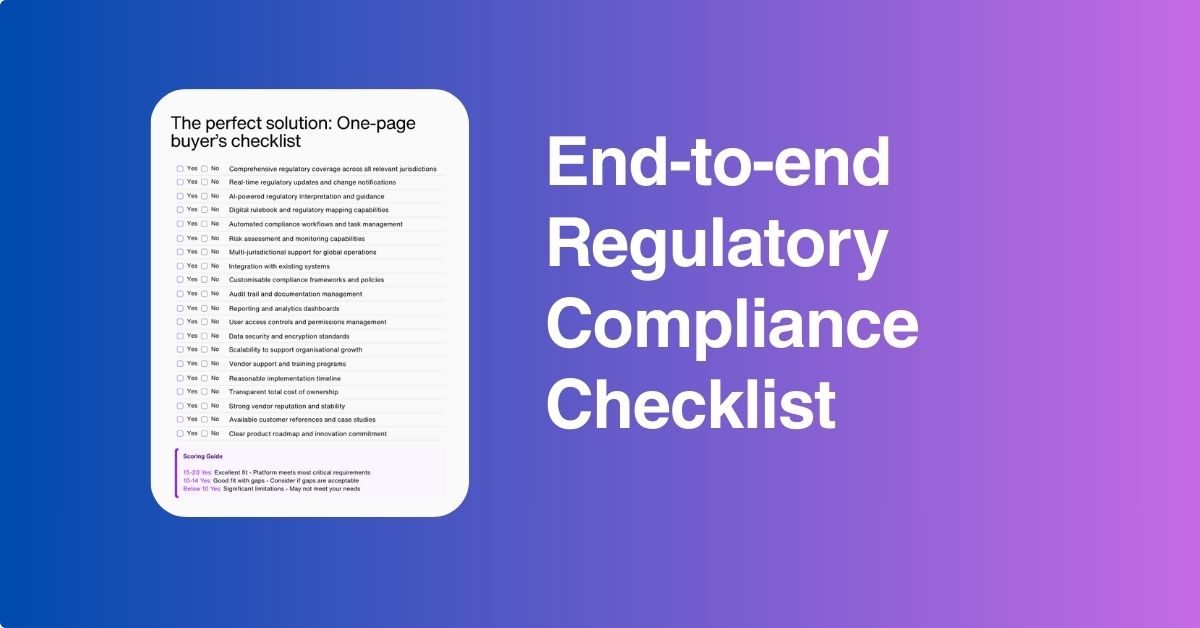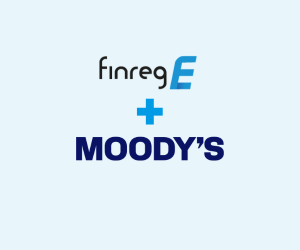Financial services firms are encouraged to self-report and co-operate as the US steps away from regulation by enforcement.
UK, EU and APAC enforcement frameworks remain strict with hefty fines, for global businesses compliance just became more complex.
Under the ‘deregulation’ movement, Trump’s administration aims to ease the burden from strict financial rules.
“Self-disclosure is key to receiving the most generous benefits the Criminal Division can offer. Why? Because coming forward and coming clean lets the Department devote its resources to investigating and prosecuting individual wrongdoers and the most egregious criminal schemes”, summarised Matthew Galeotti, head of the US Department of Justice (DOJ) criminal division.
Similarly, the US Securities and Exchange Commission (SEC) is focused on a more cooperative approach whereby key topics such as AI and digital assets can be openly discussed.
These actions may feel deregulatory but the benchmark for compliance has not changed; standards are still high, and firms should not take this as a message to reduce compliance budgets.
“If you lie, cheat or steal [from] your investors and steal their money like [disgraced former financier] Bernie Madoff, we’ll leave you naked, homeless and without wheels,” warned Paul Atkins, SEC chair.
UK regulators have proposed to streamline regulations to cut red tape and administrative constraints under the “Leeds reforms”, signalling the US’ deregulatory attitudes are catching on to boost the economy.
“The government is not aiming to deregulate, but to upgrade the UK regulatory system so that it does not unduly hold back economic growth”, said the UK Treasury.
FinregE can help firms navigate varying regulatory standards across borders and ensure compliance doesn’t affect reputation through automated end-to-end compliance.
“70 percent of regulations can go” said Trump, what’s happened since
US regulators are advocating for proactive self-reporting, cooperation and remediation to reduce financial penalties.
Internal compliance failings can be voluntarily disclosed to the DOJ as “full cooperation” and “timely remediation” can avoid “aggravating circumstances”.
While SEC Chair Paul Atkins seems to be taking a softer approach compared to his predecessor, he will still be going after the “crooks”.
However, Atkins told the Financial Times in a Paris interview that in certain situations, he will “give people notice” rather than “suddenly come and bash down their door and say ‘uh-uh we caught you, you’re doing something and it’s a technical violation”.
Stronger whistleblower programmes also mean employees are more incentivised to report wrongdoing. These misconduct reports erode client trust and damage investor confidence. Ultimately, non-compliance without a monetary fine attached to it still can trigger reputational disasters.
Even though there could be fewer financial penalties, the SEC won’t shy away from handing out fines to “crooks”. At the beginning of September 2025, the SEC fined Pennsylvania resident and his companies with $770 million Ponzi scheme.
Details of US regulatory changes:
Stronger incentives for self-reporting
- The updated Corporate Enforcement and Voluntary Self-Disclosure Policy (CEP) move from a presumption of leniency to a guaranteed declination of prosecution, provided four conditions are met: voluntary disclosure, full cooperation, timely remediation, and absence of aggravating factors.
- A key deregulation signal: companies can still receive credit even if a whistleblower reports first, as long as they self-report within 120 days.
- For “near miss” disclosures, the DOJ now offers lenient non-prosecution agreements, shorter terms, no independent monitors, and steep fine reductions.
- Net effect: a stronger “carrot” for companies, lowering the deterrent threat of prosecution.
Narrowed enforcement priorities
- The DOJ formalised enforcement focusses on 10 “high impact” areas, mainly crimes against US taxpayers, investors, and national security (e.g., Ponzi schemes, sanctions evasion, cartel/terrorist financing).
- This amounts to deprioritising broad white-collar enforcement, reflecting a more selective use of resources.
- The Whistleblower Awards Program has been expanded but targeted only at DOJ’s priority areas, further narrowing scope.
Fewer and more tailored monitorships
- The DOJ is pulling back on corporate monitors, often seen as costly regulatory intrusions.
- New criteria require prosecutors to consider whether a monitor is truly necessary, with emphasis on severity of conduct, existing oversight, compliance culture, and maturity of controls.
- Even when monitors are imposed, their scope must be narrow and proportionate, with costs tied to company size, profits, and risk.
- DOJ is also reviewing existing monitorships to narrow or terminate them where possible.
Other 2025 deregulation changes to note
- In January 2025, an executive order was released which set a new “10 for 1” rule. This rule means for every new regulation; the agency must repeal 10 old regulations unless it is prevented by law.
- In the same order, from 2026, OMB (Office of Management and Budget) will set an annual cost limit for new rules for each agency.
- The Congressional Review Act (CRA), passed in 1996, gives Congress the power to overturn federal agency rules.
- Recent Supreme court rulings like ending Chevron deference and others, have pulled back the power of federal agencies. It makes it easier to contest existing regulations.
- Since the rulings, agencies such as SEC (Securities and Exchange Commission) have paused new rules like climate disclosure one.
How FinregE can help
Periods of economic instability are often met with instances of deregulation to ignite innovation and allow businesses to grow. We see cycles of this throughout the years where regulation and enforcement become hot again to ensure risks are well managed.
But history shows a pattern: periods of rapid expansion often end with corrections. Economist George Lagarias describes deregulation as “borrowing from the future” – a shortcut that inevitably ends with a downturn.
For regulated firms, the challenge is knowing which rules may disappear, which may return through litigation, and how cross-border obligations evolve in response.
This is where FinregE’s AI Regulatory Insights Generator (RIG) and Horizon Scanning tools can help. They provide businesses with real-time monitoring of regulatory changes, mapping these into policies and workflows and enabling the compliance teams to act before it’s too late.
Companies that plan now will be better able to handle the ups and downs when they come.
Don’t let compliance be an afterthought, it should always be a priority. Even if it’s not front of mind for US regulators, other global leaders still have strict frameworks to follow.
Book a demo today.




